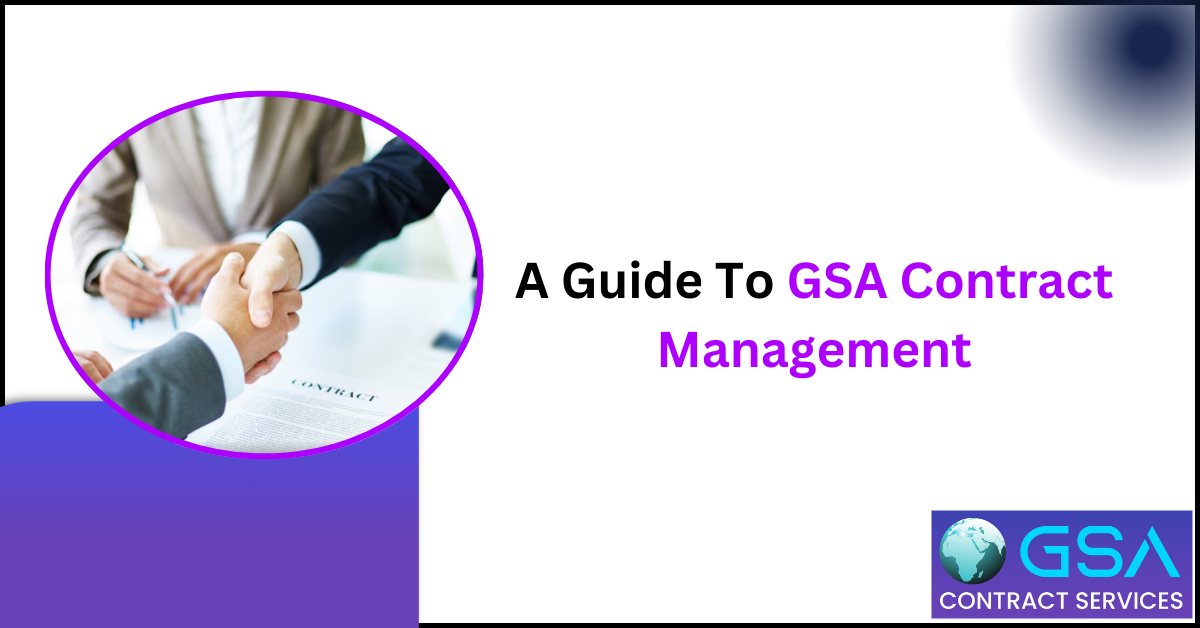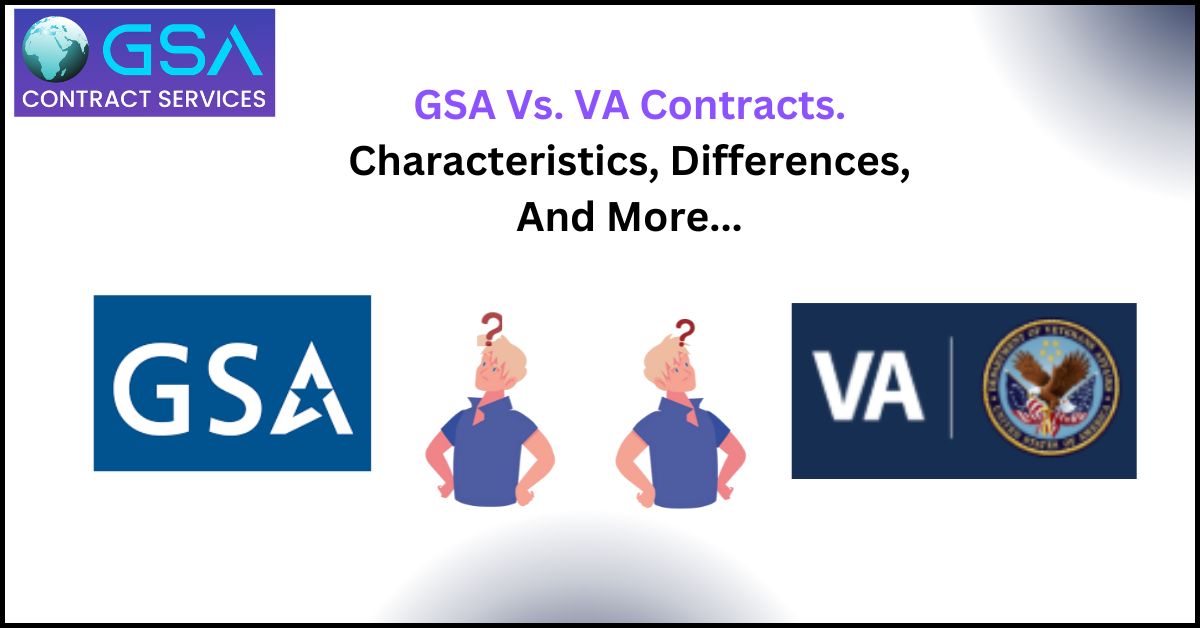Small businesses face increasing competition in both commercial and public sectors. One of the most overlooked opportunities for growth is selling to the federal government.
The U.S. federal government is the world’s largest buyer of goods and services, with annual spending exceeding $600 billion. A significant portion of this spending is allocated specifically for small businesses.
One of the primary pathways for small businesses to access federal contracts is through the GSA Schedule, formally known as the Multiple Award Schedule (MAS). This program offers a streamlined procurement process for federal buyers and creates long-term, government-wide contracts with commercial firms.
This article examines why small businesses should seriously consider obtaining a GSA Schedule contract, the benefits it offers, the challenges it presents, and how it can strategically position a business for long-term success in the government marketplace.
What Is a GSA Schedule?
The GSA Schedule is a long-term, pre-negotiated contract awarded by the General Services Administration (GSA) that allows government agencies to purchase goods and services from a commercial business (including small-scale businesses) at pre-approved prices, terms, and conditions.
Key Terms Explained:
- GSA (General Services Administration): A federal agency that manages government buildings, supplies, and contracts.
- MAS (Multiple Award Schedule): A consolidated contracting vehicle that covers a wide range of products and services across 12 categories.
- Contracting Vehicle: A method or mechanism used by government agencies to purchase from vendors.
- Pre-negotiated Pricing: Prices are fixed and agreed upon during the contract award; they do not change easily and need special modifications to be made.
Benefits of a GSA Schedule for Small Businesses
1. Access to a Massive Market
The federal government is required by law to allocate at least 23% of its annual contracting budget to small businesses. Having a GSA Schedule makes a small business visible and credible to federal buyers actively seeking vendors in this category.
Example: In FY2023, small businesses earned over $160 billion in federal contracts, much of which came through the GSA Schedule system.
2. Streamlined Purchasing Process for Agencies
With a GSA Schedule, the complex bidding process is simplified. Government buyers can purchase directly from your contract without going through lengthy procurement procedures, saving both time and paperwork.
Term to Know:
- Simplified Acquisition Threshold (SAT): A federal threshold (currently $250,000) under which purchases can be made with fewer regulatory requirements.
3. Competitive Edge
Being GSA-approved signifies that your company has passed rigorous financial, technical, and past performance reviews. This acts as a seal of approval for government buyers and primes (large contractors) looking for subcontractors.
Added Value: Many agencies prefer GSA contractors because the compliance, pricing, and terms are already vetted.
4. Long-Term Revenue Opportunities
A GSA Schedule contract typically lasts 5 years, with up to three 5-year renewal options (a total of 20 years). This long-term visibility increases chances for repeat business and sustainable growth.
5. Exclusive Access to GSA Advantage!
Once on schedule, your products or services are listed on GSA Advantage!, an online government eCommerce platform used by federal buyers to search and compare vendors.
Think of it as “Amazon for federal agencies,” but for pre-approved vendors only.
Ideal Small Business Candidates for a GSA Schedule
Not every small business is ready for a GSA Schedule. Ideal candidates typically have:
- At least 2 years in business.
- Proven past performance (especially with government or corporate clients).
- Financial stability (as shown through tax returns and income statements).
- Competitive pricing aligned with market and federal standards.
- The ability to meet compliance and reporting requirements.
Tip: If you’ve already completed federal or state contracts or have B2B experience with large enterprises, you’re likely a good fit.
Common Misconceptions
“The GSA Schedule guarantees sales.”
Reality: It provides visibility and access, but sales still require marketing, relationship-building, and bid responses. Think of it as a door-opener, not a sales machine.
“It’s only for large companies.”
Reality: Over 80% of GSA Schedule holders are small businesses. GSA actively encourages small business participation.
“It’s too expensive to maintain.”
Reality: While there are initial administrative costs (time, consultants, registration), the long-term ROI from even a few contracts can be substantial.
Challenges and How to Overcome Them
1. Complex Application Process
The application requires detailed financials, commercial sales practices, price justifications, and documentation.
Solution: Work with a GSA consultant or use GSA’s tools like the MAS Roadmap and Vendor Support Center (VSC).
2. Compliance Requirements
You must comply with the Trade Agreements Act (TAA), FAR clauses, commercial sales tracking, and regular reporting through the Sales Reporting Portal (SRP).
Solution: Use compliance tools or partner with contract management firms that specialize in federal contracting.
3. Marketing to Federal Agencies
Many small businesses believe “if you build it, they will come.” But federal buyers won’t know you exist unless you market effectively.
Solution: Build an effective Capabilities Statement, attend industry days, list your offerings in SAM.gov, and use FedBizOpps or eBuy to find opportunities.
Key Terms Every Small Business Should Know
| Term | Meaning |
| TAA (Trade Agreements Act) | Requires that all products sold under GSA must be made or substantially transformed in a designated country. |
| FAR (Federal Acquisition Regulation) | The primary rulebook governing all federal procurement. |
| SIN (Special Item Number) | A numeric code representing a specific category of product/service under the GSA Schedule. |
| eBuy | GSA’s RFQ platform, where government buyers post opportunities specifically for GSA contractors. |
| SAM.gov | System for Award Management – the official U.S. government portal to register and search for contract opportunities. |
| PSC Codes | Product and Service Codes are used to categorize what you sell in federal databases. |
| NAICS Code | North American Industry Classification System – required to identify your industry type. |
Long-Term Strategic Value
1. Partnering with Primes
Many large federal contracts are awarded to prime contractors, who are required to subcontract a portion of the work to small businesses. Being on the GSA Schedule makes it easier to become a qualified subcontractor.
2. Set-Asides and Small Business Programs
Small businesses on GSA can take advantage of set-aside programs such as:
- 8(a) Business Development
- Woman-Owned Small Business (WOSB)
- Service-Disabled Veteran-Owned (SDVOSB)
- HUBZone Program
These programs increase your chance of winning contracts through limited competition.
3. Expansion into State and Local Markets
Through Cooperative Purchasing and Disaster Purchasing Programs, some GSA contracts can be used by state and local governments, expanding your market even further.
How to Get Started
Step 1: Register in SAM.gov
Create a profile in the federal government’s vendor database. You’ll need a UEI (Unique Entity Identifier) and CAGE Code.
Step 2: Select Your SINs
Identify which product/service categories match what you offer.
Step 3: Gather Required Documentation
Prepare price lists, commercial sales practices, financials, and past performance data.
Step 4: Submit Through GSA’s eOffer
GSA’s online portal for submitting Schedule offers. This process includes a digital signature, document uploads, and contract negotiation.
Step 5: Negotiate and Finalize
A GSA Contracting Officer will review your offer, negotiate terms if needed, and award your contract.
Timeline: It typically takes 3–12 months, depending on your preparedness and category.
Conclusion
Securing a GSA Schedule is not just about landing a contract—it’s about creating a foothold in a highly regulated, lucrative, and growing market. For small businesses that meet the qualifications and are ready to commit to federal compliance and marketing, the GSA Schedule can be a powerful tool for sustained growth.
Yes, it takes effort. But the rewards: credibility, access to billions in spending, and long-term revenue streams, are well worth it.
Final Tip
If you’re serious about selling to the government, start exploring the GSA MAS program today. Even if you’re not ready yet, preparing for it will make your business stronger, more competitive, and more compliant, factors that benefit all aspects of your operations.




